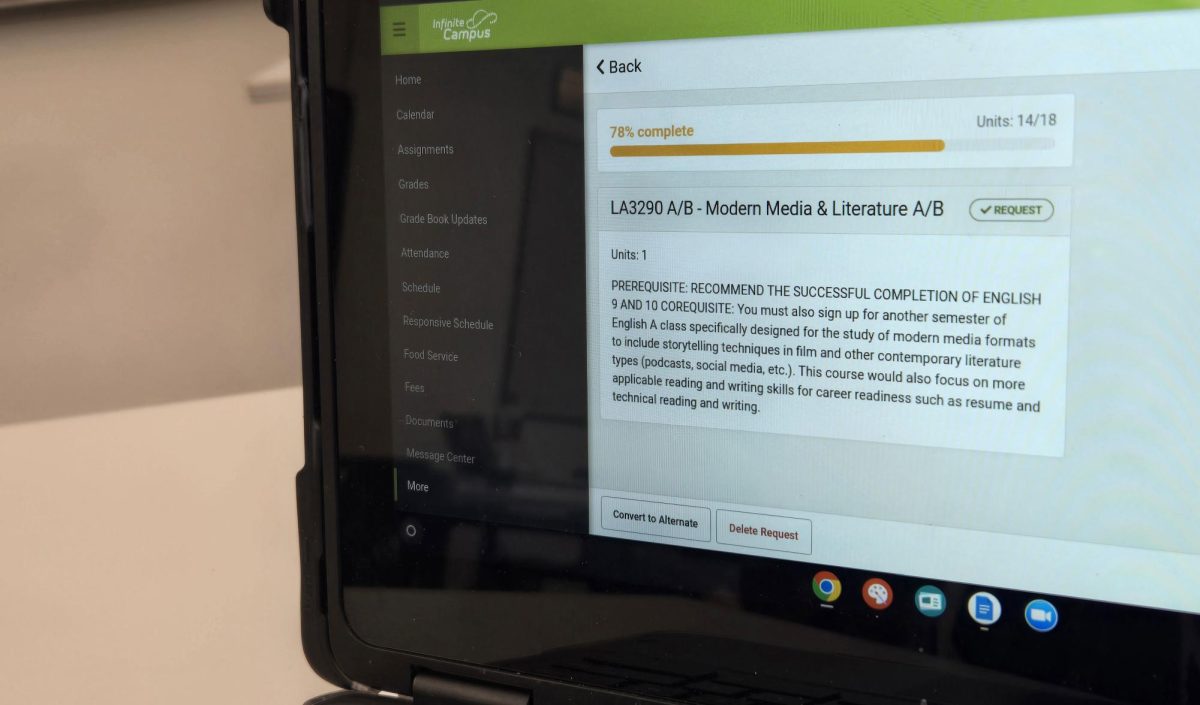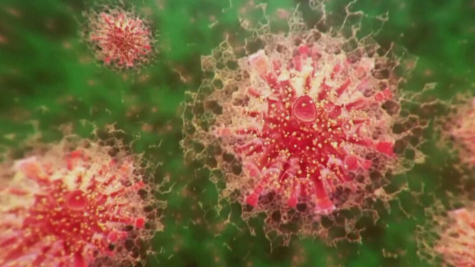COVID-19: NOT ALL THE NEWS IS BAD
Improved air quality among some of the good that has transpired
The novel Coronavirus has led to some unexpected effects during worldwide shutdowns, including reduced carbon emissions and clearer air in certain parts of the world.
In a matter of weeks, the world has changed. COVID-19 has decimated economies, killed hundreds of thousands and infected millions. To be clear, the worldwide pandemic is devastating; however, the novel Coronavirus has had unexpected side effects.
Because of the drastic shutdown of economies throughout the world, fossil fuel emissions have dramatically decreased.
According to The New York Times, “In China, measures to contain the virus in February alone caused a drop in carbon emissions of an estimated 25 percent … this is equivalent to 200 million tons of carbon dioxide.”
Italy has been in lockdown for nearly two months. Locals have noticed the canals in Venice are much clearer than normal due to lack of boat activity, with small fish visible as they swim around, according to CNN. Along with this, the air quality has increased.
However, a recent National Geographic article stated that emissions in China are picking back up as the country opens its factories. While during the shutdown, China’s emissions were less by hundreds of millions of tons, the rebounding shows it will take a lot more than a three-month closure to permanently reduce carbon emissions.
Nevertheless, there were dips in emissions during the 2008 financial crisis, according to The New York Times.
This didn’t spell out a better future for the environment, though; according to a recent United Nations report cited in an article from USA Today, the last decade has been the warmest in human history. The global lockdowns may cause harm to the environment in the long run.
“A global recession as a result of coronavirus shutdowns could also slow or stall the shift to clean energy,” the New York Times article said. “Renewable energy projects around the world are already stumbling because of disruptions to the global supply chain.”
Still, Marshall Burke, an assistant professor in Stanford’s earth system science department, said that the reduction of carbon emissions in China is likely to save the lives of 4,000 kids under 5 and 73,000 adults over 70 in China in a recent report on g-feed.com. This is based on the recorded emissions from during China’s shutdown.
“As we move to restart these economies, we need to use this moment to think about what we value,” Jacqueline Klopp, co-director of the Center for Sustainable Urban Development at Columbia University in New York City, said via an NBC News interview. “Do we want to go back to the status quo, or do we want to…reduce emissions and pollution?”
















































